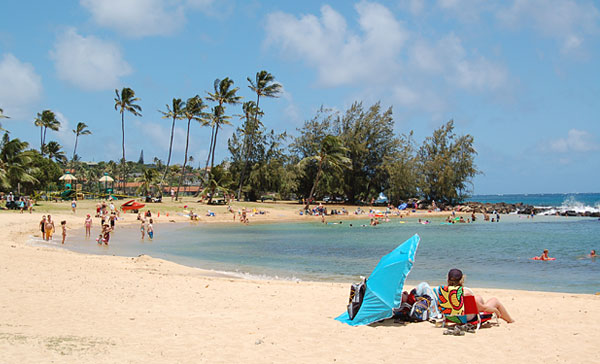Coastal tourism offers picturesque landscapes, cultural experiences, and economic opportunities. However, without mindful practices, it can lead to environmental degradation and cultural erosion. The key lies in balancing visitor experiences with the well-being of local communities.
Economic Empowerment Through Local Engagement
When tourists choose local accommodations, eateries, and guides, they directly contribute to the community’s economy. This approach ensures that the financial benefits of tourism remain within the locality, fostering job creation and business development.
Actionable Steps for Travelers:
-
Stay Local: Opt for family-run guesthouses or community-based lodgings.
-
Dine Locally: Enjoy meals at local restaurants that serve regional cuisine.
-
Hire Local Guides: Engage with guides who offer authentic insights into the area’s culture and history.
Cultural Preservation and Mutual Respect
Tourism can be a catalyst for cultural exchange, allowing visitors to learn about local traditions and customs. When approached respectfully, this exchange enriches both tourists and host communities.
Tips for Respectful Engagement:
-
Learn Basic Phrases: Familiarize yourself with common greetings in the local language.
-
Dress Appropriately: Adhere to local dress codes, especially in religious or traditional settings.
-
Participate in Cultural Activities: Attend local festivals or workshops to gain deeper cultural understanding.
Environmental Stewardship in Coastal Regions
Coastal ecosystems are delicate and can be adversely affected by increased tourist activity. Responsible tourism practices help preserve these environments for future generations.
Eco-Friendly Practices for Travelers:
-
Reduce Waste: Carry reusable water bottles and bags to minimize plastic use.
-
Respect Wildlife: Observe animals from a distance without disturbing their natural behaviors.
-
Stay on Designated Paths: Prevent erosion and habitat destruction by sticking to marked trails.
Community-Led Tourism Initiatives
Several coastal communities have taken proactive steps to manage tourism sustainably:
-
Cinque Terre, Italy: This UNESCO World Heritage site has implemented measures to control tourist numbers and preserve its unique landscape and culture.
-
Velondriake, Madagascar: Local communities manage marine areas, balancing tourism with conservation efforts.
-
Andaman Discoveries, Thailand: Post-tsunami, communities have developed tourism programs that support cultural preservation and economic recovery.
These examples demonstrate the potential of community-driven tourism models in achieving sustainable development.
The Role of Travelers in Sustainable Tourism
As a traveler, your choices have a significant impact on the destinations you visit. By making informed decisions, you can contribute positively to the places and people you encounter.
Guidelines for Responsible Travel:
-
Educate Yourself: Research the cultural norms and environmental concerns of your destination.
-
Support Ethical Businesses: Choose companies that prioritize sustainability and fair labor practices.
-
Provide Feedback: Share your experiences with businesses to encourage continued responsible practices.
Embracing Responsible Coastal Tourism
Coastal tourism holds immense potential for positive impact when approached thoughtfully. By prioritizing local engagement, cultural respect, and environmental care, travelers can play a pivotal role in supporting and sustaining coastal communities.
